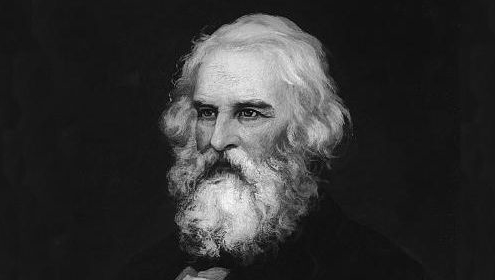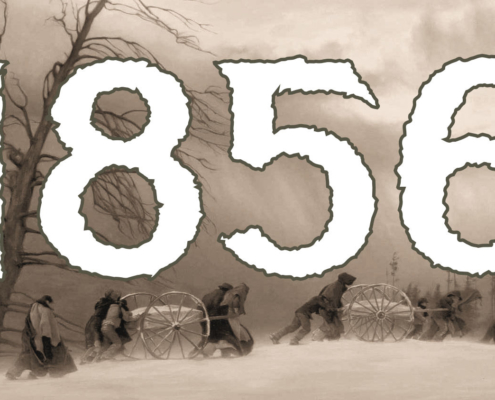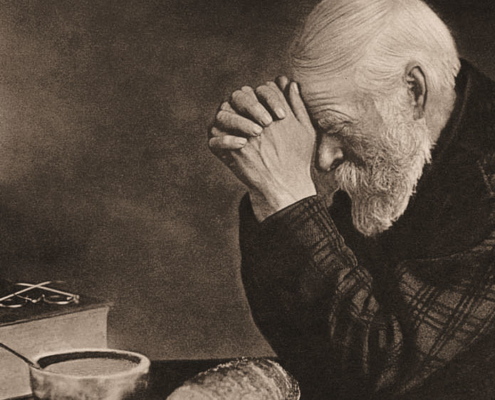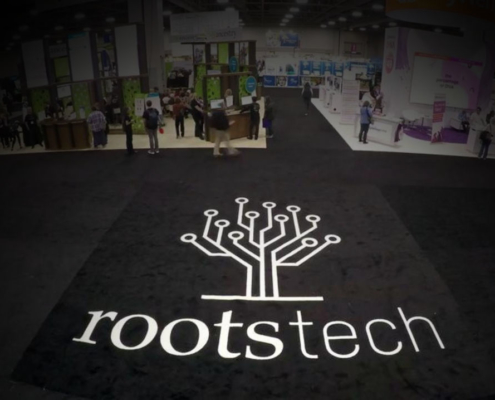 https://westoverfamilyhistory.org/wp-content/uploads/2020/04/longfellow1.jpg
280
499
Jeff Westover
https://westoverfamilyhistory.org/wp-content/uploads/2022/04/logo22.png
Jeff Westover2020-04-23 21:53:422024-03-03 16:07:38Family Crisis: Longfellow’s Trials
https://westoverfamilyhistory.org/wp-content/uploads/2020/04/longfellow1.jpg
280
499
Jeff Westover
https://westoverfamilyhistory.org/wp-content/uploads/2022/04/logo22.png
Jeff Westover2020-04-23 21:53:422024-03-03 16:07:38Family Crisis: Longfellow’s Trials https://westoverfamilyhistory.org/wp-content/uploads/2020/03/year-1856.jpg
844
1500
Jeff Westover
https://westoverfamilyhistory.org/wp-content/uploads/2022/04/logo22.png
Jeff Westover2020-03-30 11:30:262024-03-03 16:07:10Family in Crisis: 1856
https://westoverfamilyhistory.org/wp-content/uploads/2020/03/year-1856.jpg
844
1500
Jeff Westover
https://westoverfamilyhistory.org/wp-content/uploads/2022/04/logo22.png
Jeff Westover2020-03-30 11:30:262024-03-03 16:07:10Family in Crisis: 1856 https://westoverfamilyhistory.org/wp-content/uploads/2020/03/worried.jpg
562
1000
Jeff Westover
https://westoverfamilyhistory.org/wp-content/uploads/2022/04/logo22.png
Jeff Westover2020-03-25 05:17:472024-03-03 16:06:02Family in Crisis: A Worried Man
https://westoverfamilyhistory.org/wp-content/uploads/2020/03/worried.jpg
562
1000
Jeff Westover
https://westoverfamilyhistory.org/wp-content/uploads/2022/04/logo22.png
Jeff Westover2020-03-25 05:17:472024-03-03 16:06:02Family in Crisis: A Worried Man
Recording History as it Happens
Where were you on November 22, 1963? What were you doing when…
 https://westoverfamilyhistory.org/wp-content/uploads/2020/03/RootsTech.jpg
718
1275
Jeff Westover
https://westoverfamilyhistory.org/wp-content/uploads/2022/04/logo22.png
Jeff Westover2020-03-01 14:18:382024-03-03 16:05:02Making Family History at Rootstech
https://westoverfamilyhistory.org/wp-content/uploads/2020/03/RootsTech.jpg
718
1275
Jeff Westover
https://westoverfamilyhistory.org/wp-content/uploads/2022/04/logo22.png
Jeff Westover2020-03-01 14:18:382024-03-03 16:05:02Making Family History at Rootstech